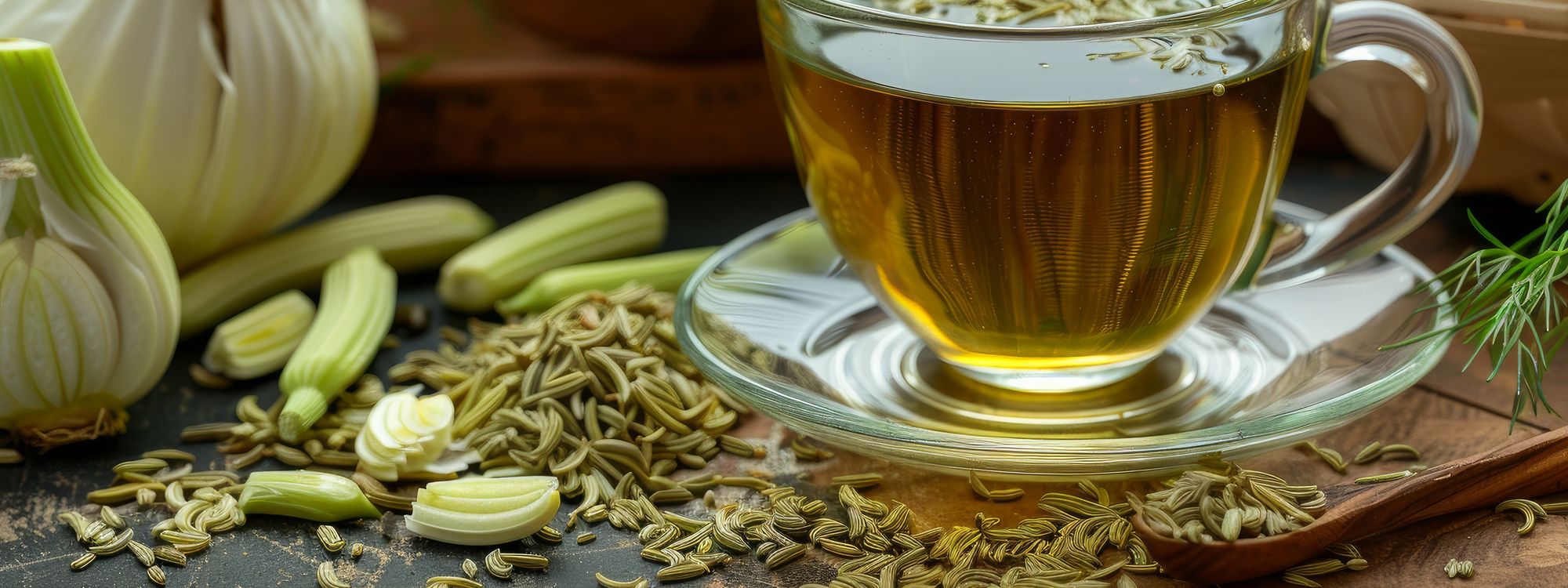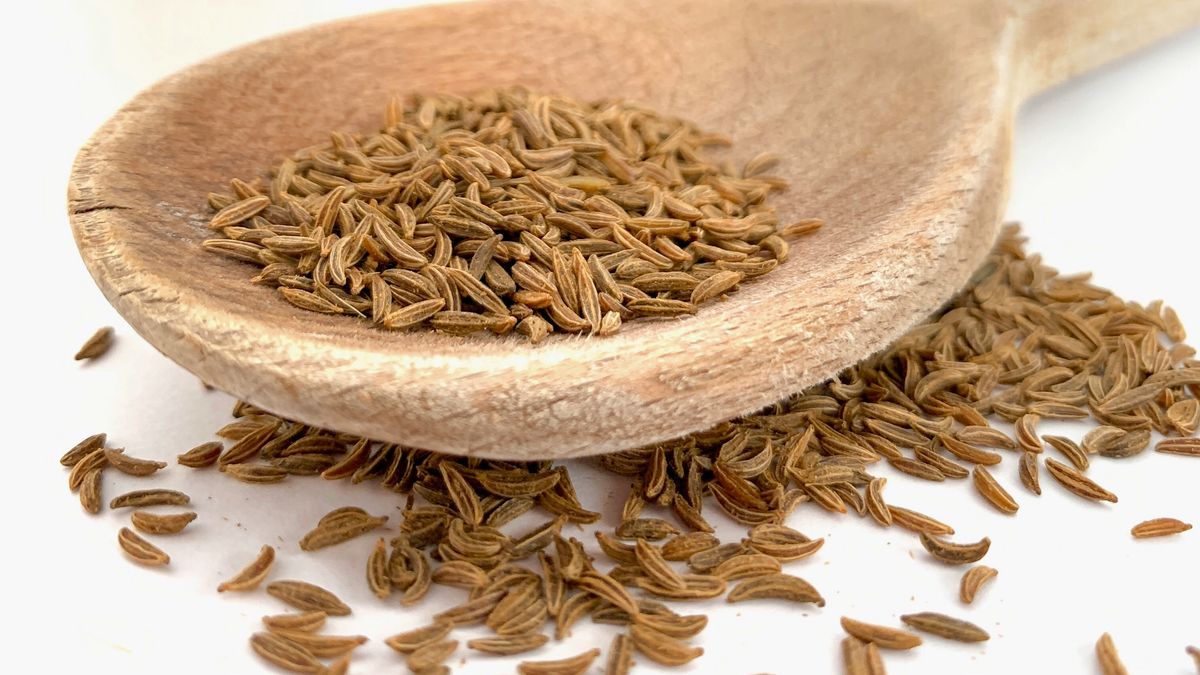
Fennel seeds, technically the fruit of the Foeniclum vulgare Mill plant, have a long history of use in both culinary and medicinal contexts. These seeds are rich in essential oils and other bioactive compounds, contributing to their distinct aroma and potential health benefits. However, like any potent botanical, they also have potential side effects that users should be aware of.
Fennel seeds are a treasure trove of bioactive compounds, many of which contribute to their unique flavor and potential health benefits. Some of the most notable compounds include:
It's important to note that while these compounds can have beneficial effects, they can also induce hallucinogenic effects if consumed in high, concentrated doses.
Fennel seeds are traditionally used in herbal medicine to alleviate digestive discomfort. A hot infusion of fennel seeds (one gram of seeds per 100ml of water at 60-70°C for approximately 6-8 minutes) consumed before a meal can help alleviate symptoms such as epigastric heaviness, drowsiness, aerophagia, hiccups, pregnancy-induced vomiting, intestinal fermentation-tension, and abdominal cramps.

In addition to their digestive benefits, fennel seed infusions may also have a diuretic effect and can potentially enhance the taste of breast milk for newborns. Some herbalists also believe that fennel seeds can stimulate milk production in lactating women, although this claim is not backed by scientific evidence.
While fennel seeds offer a range of potential health benefits, they are not without risks. One particular compound of concern is Estragol, which can have carcinogenic effects when consumed in high quantities. Research has shown that the levels of Estragol consumed by regular users of fennel seed-based decoctions can be excessively high. Furthermore, Estragol can be transferred to fetuses or infants if the consumer is pregnant or breastfeeding, potentially increasing the risk of cancer for these vulnerable individuals.
Therefore, while fennel seeds can be a beneficial addition to one's diet, it's crucial to consume them in moderation and be aware of the potential risks associated with their excessive consumption.